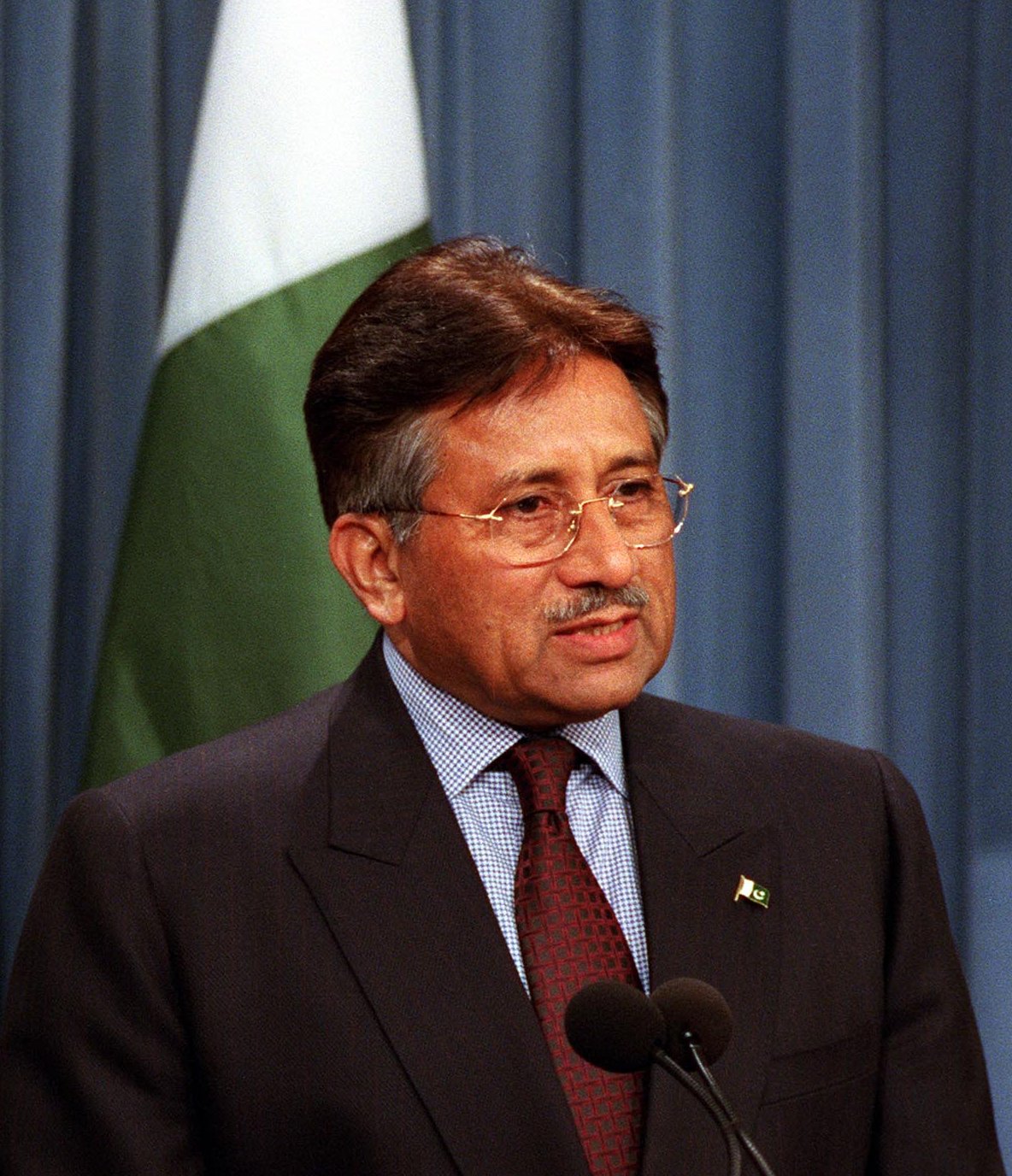Pakistan's former dictator Pervez Musharraf was on Tuesday sentenced to death in the high treason case by a special court in Islamabad, becoming the first military ruler to receive the capital punishment in the country's history.
A three-member bench of the special court, headed by Peshawar High Court Chief Justice Waqar Ahmad Seth, handed Musharraf, 76, death sentence in the long-drawn high treason case against him for suspending the Constitution and imposing emergency rule in 2007, a punishable offence for which he was indicted in 2014.
The court issued a 2-1 split verdict and its details would be announced in the next 48 hours.
The former army chief left for Dubai for medical treatment in March 2016 and has not returned since, citing security and health reasons.
The special court — comprising Justice Seth, Justice Nazar Akbar of the Sindh High Court (SHC) and Justice Shahid Karim of the Lahore High Court (LHC) — announced the verdict it had reserved on November 19.
The special court's order came despite an earlier Islamabad High Court (IHC) order stopping it from issuing the verdict.
The IHC's order had come on November 27 — a day before the special court was set to announce its verdict.
On Saturday, in an application filed through his advocates, Musharraf asked the LHC to stay the trial at the special court until his earlier petition pending adjudication by the high court is decided.
In that petition, the former dictator challenged the formation of a special court holding his trial under charges of high treason and legal flaws committed in the procedure.
Meanwhile, shortly before the special court's verdict, the Lahore High Court recommended a full-bench hearing of Musharraf's plea for stay in the trial.










